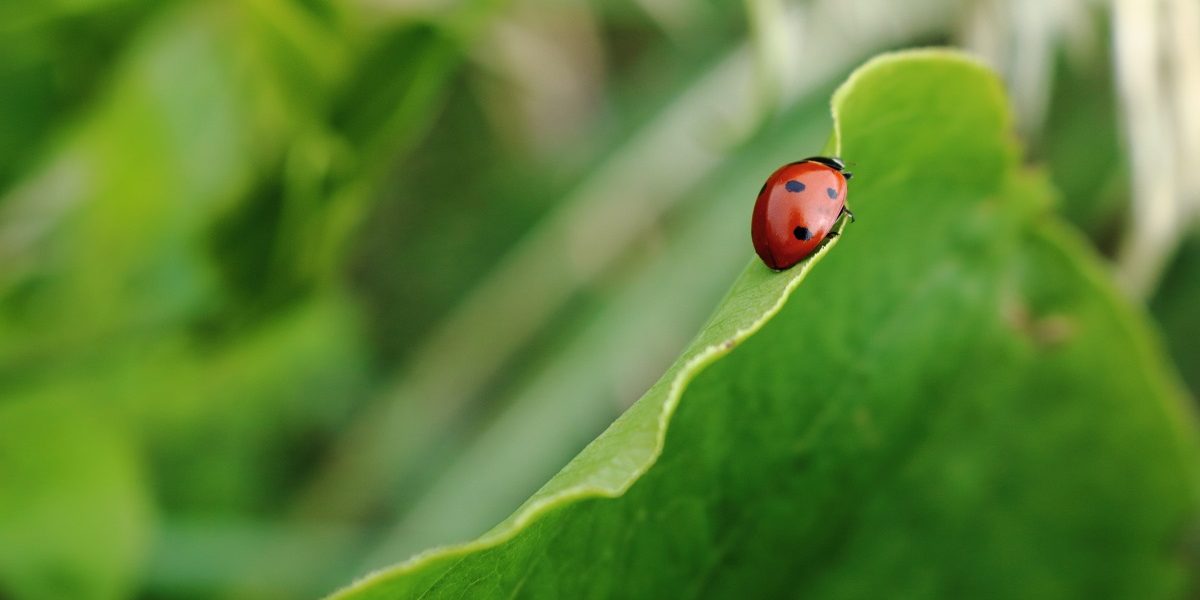
The year presents an opportunity to raise global awareness on how protecting plant health can help end hunger, reduce poverty, protect the environment and boost economic development.
Quick facts and figures
Plants are life: Plants make up 80% of the food we eat and produce 98% of the oxygen we breathe.
Economic benefits: The annual value of trade in agricultural products has grown almost three-fold over the past decade, largely in emerging economies and developing countries, reaching USD 1.7 trillion.
A growing demand: The Food and Agriculture Organization of the United Nations (FAO) estimates that agricultural production must rise about 60% by 2050 in order to feed a larger and more affluent population.
Pest destruction: Plant pests are responsible for losses of up to 40% percent of food crops globally, and for trade losses in agricultural products worth over USD 220 billion each year.
Hungry pests: One million locusts can eat about one tonne of food a day, and the largest swarms can consume over 100,000 tonnes each day, or enough to feed tens of thousands of people for one year.
Climate impacts: Climate change threatens to reduce not only the quantity of crops, lowering yields, but also the nutritious value. Rising temperatures also mean that more plant pests are appearing earlier and in places where they were never seen before.
Beneficial bugs: Beneficial insects are vital for plant health – for pollination, pest control, soil health, nutrient recycling – and yet, insect abundance has fallen 80% in the last 25-30 years.
Take action
FAO’s recommendations on what we can do to support plant health: